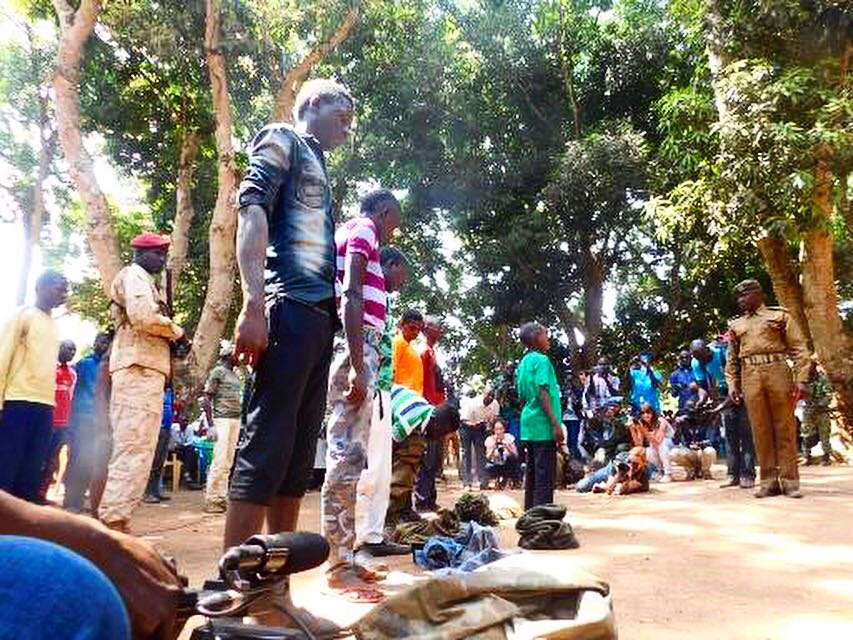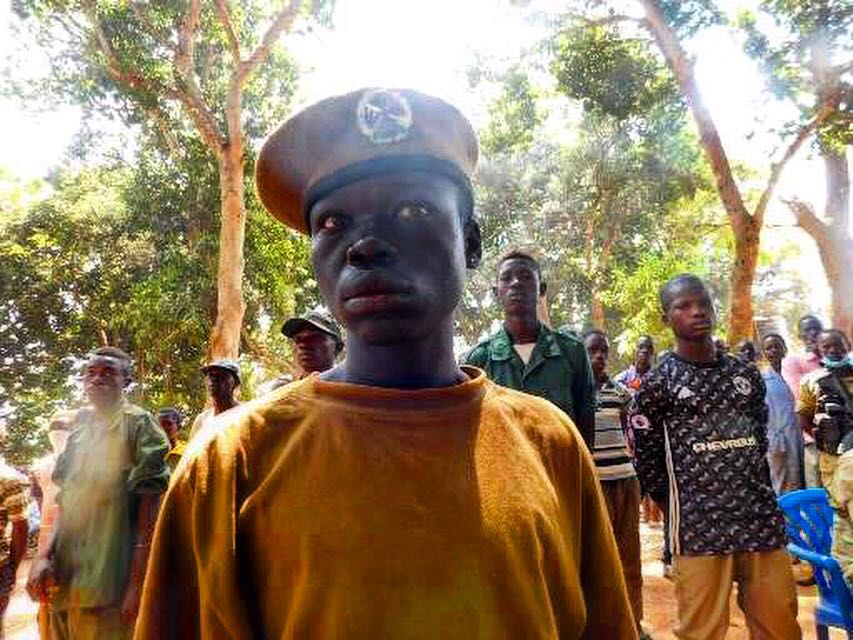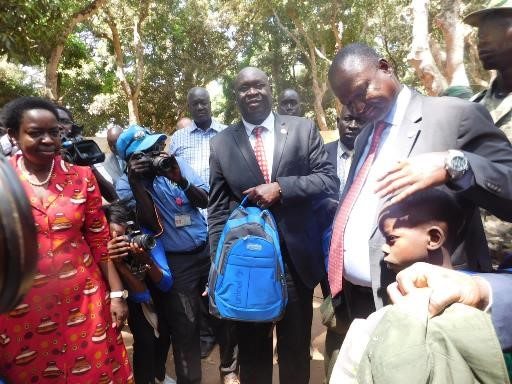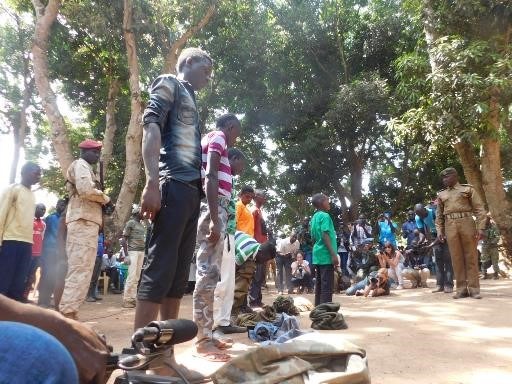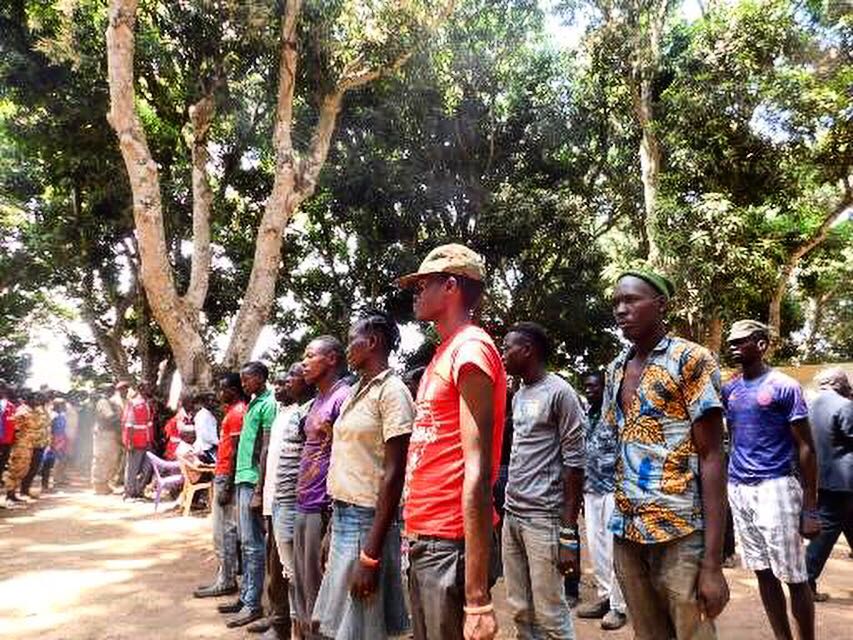Stolen Childhoods: The Release of Child Soldiers in South Sudan
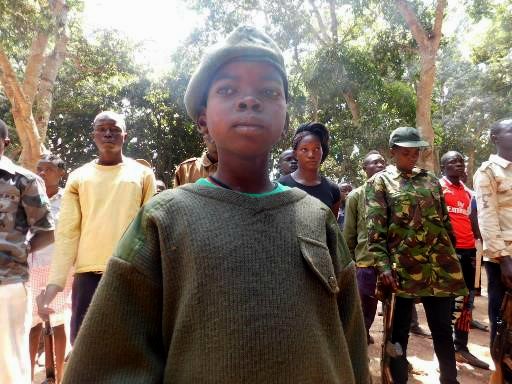
“They told me to kill my mother.” This is the realty of life as a child soldier in South Sudan. It is a life of fear, brutality, and indifference to human dignity. On Wednesday, February 7th, more than 300 child soldiers were released by armed groups in Yambio, South Sudan. Since the start of the civil war over five years ago, it is believed that over 19,000 children have been recruited.
CMMB has played an active role with the recently released child soldiers and children formerly associated with armed forces and other non-state groups in Yambio, South Sudan. As a key partner for child protection in the area around Yambio, and other parts of South Sudan, and an advocate for the well-being of children, CMMB is actively involved in the overall disarmament, demobilization and reintegration (DDR) program of these children. Together with funding partner UNICEF, CMMB has helped to renovate the child transit center at the ministry of education, gender, and social welfare. This center will host up to 70 girls who will be released from the armed forces. On the day of the official release, February 7th, 2018 CMMB registered children and provided counseling.
Background
The global commitment to end the use of children in armed conflict led to the release and reintegration of more than 5,000 children in 2017, but tens of thousands of boys and girls are still being recruited, kidnapped, and forced to fight or work for military groups or armed forces at “alarming rates” according to the United Nations.
The continued recruitment and use of children by the military and opposing armed groups points to the utter impunity that reigns in South Sudan, and the terrible cost of this war on children.” – Mausi Segun, Africa director at Human Rights Watch
Children can only be freed from armed groups and forces through a comprehensive reintegration process, including medical and psycho-social support, as well as educational programmes and trainings,” – Special Representative of the UN Secretary-General for Children and Armed Conflict, Virginia Gamba
About CMMB – Healthier Lives Worldwide
CMMB (Catholic Medical Mission Board) is an international nongovernmental not-for-profit providing long-term, community-based medical and development aid to communities affected by poverty and unequal access to healthcare. For over a century, CMMB has worked to strengthen and support communities through healthcare programs and initiatives, the deployment of medicines and medical supplies, and the placement of volunteers. Now in its second century and as part of its new global strategic platform, CMMB is focusing on health issues facing women, children, and adolescents. CMMB’s emergency relief program quickly responds to dangerous situations, from conflict to natural disasters, by supporting affected communities with donated medicines, volunteers, and medical personnel, and by meeting emergency medical needs at partner health facilities. CMMB works in collaboration with hundreds of local and international partners to deliver sustainable health services in targeted communities within Africa, Latin America, and the Caribbean. To learn more, visit cmmb.org.
